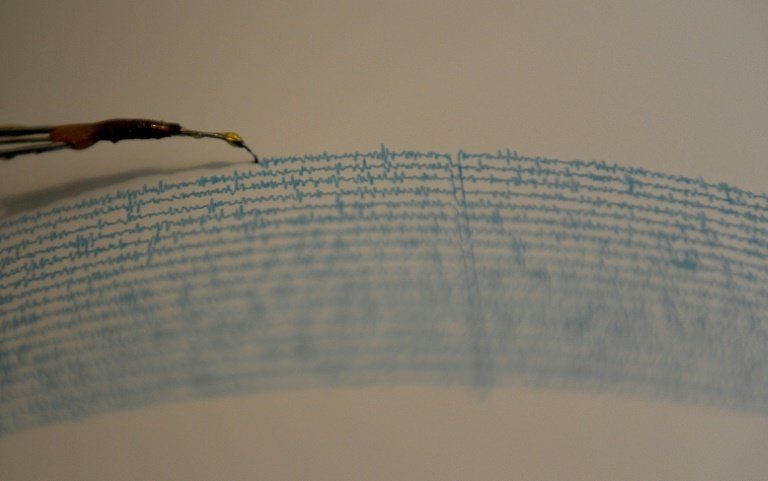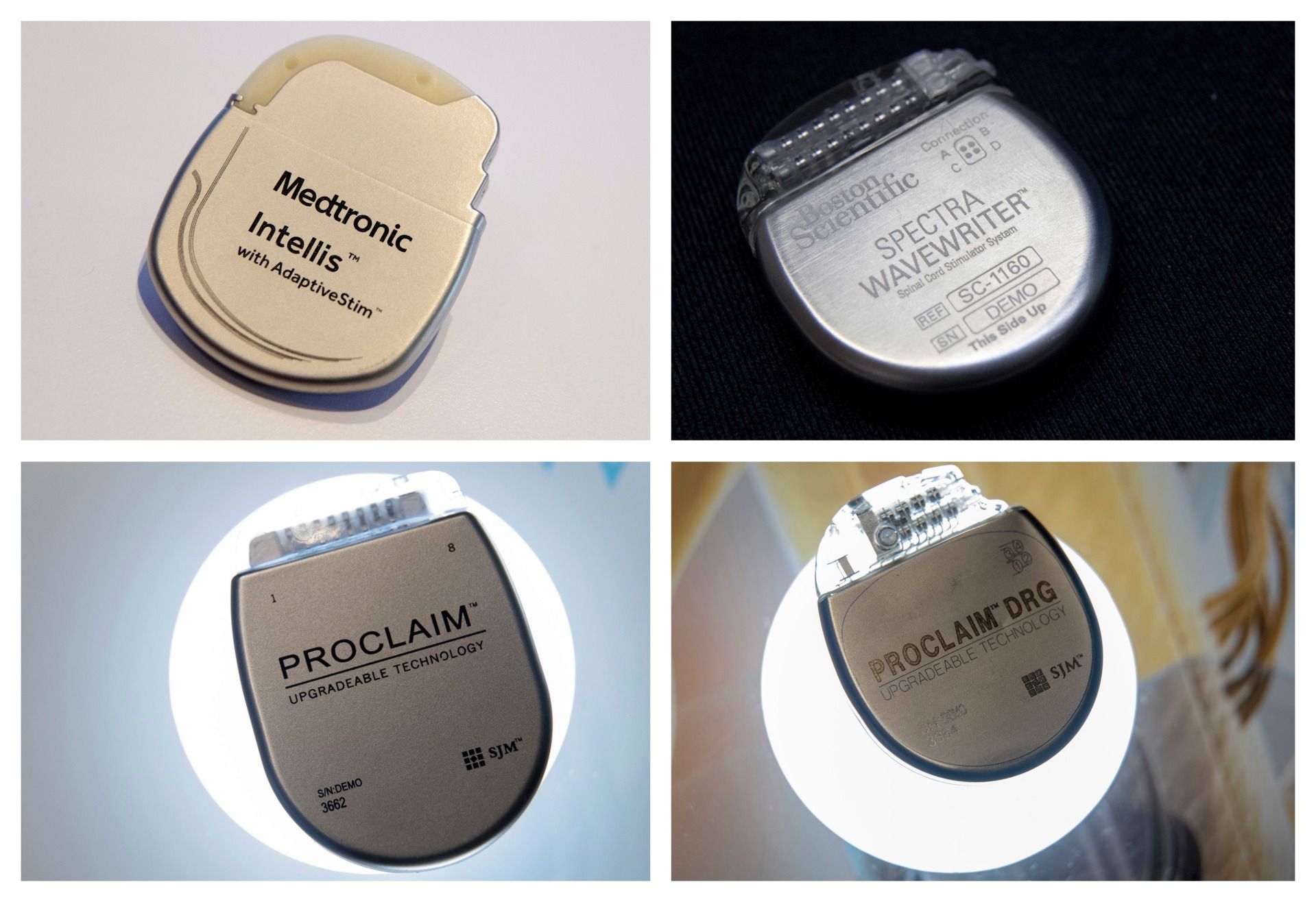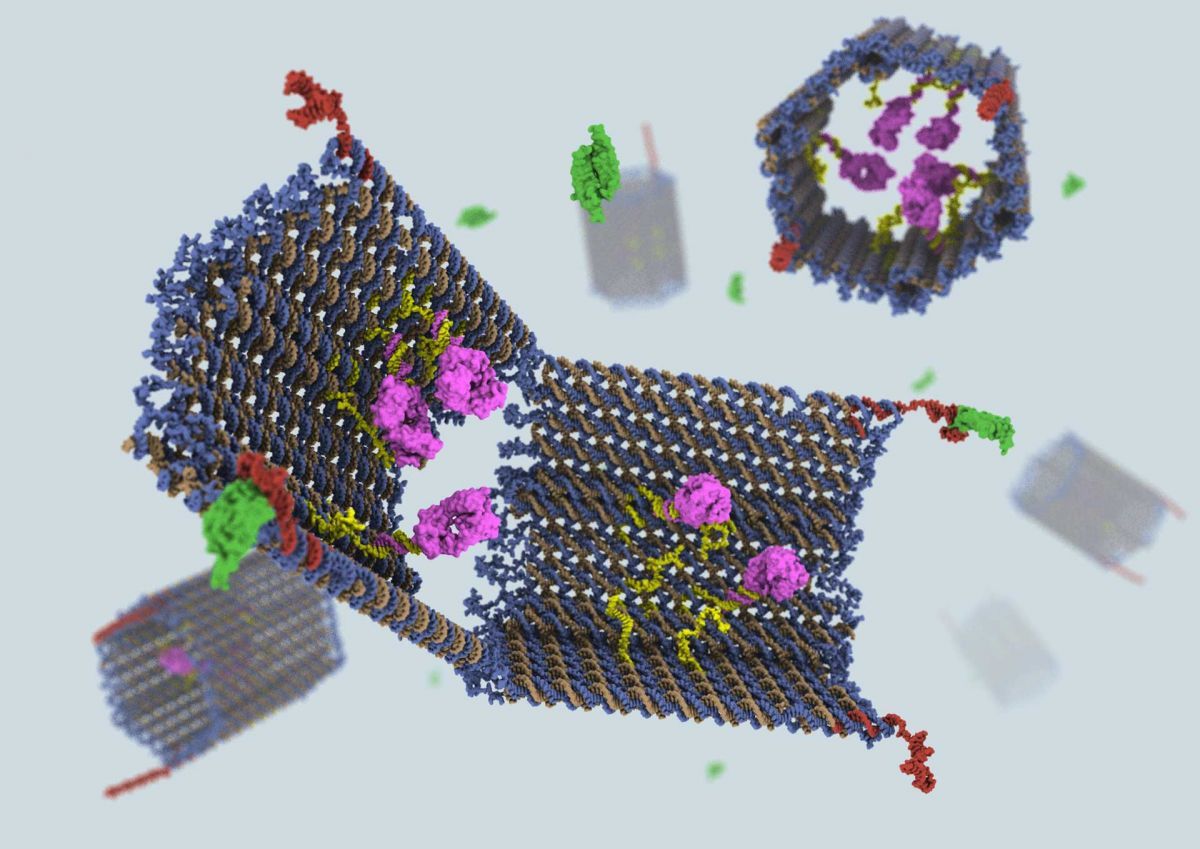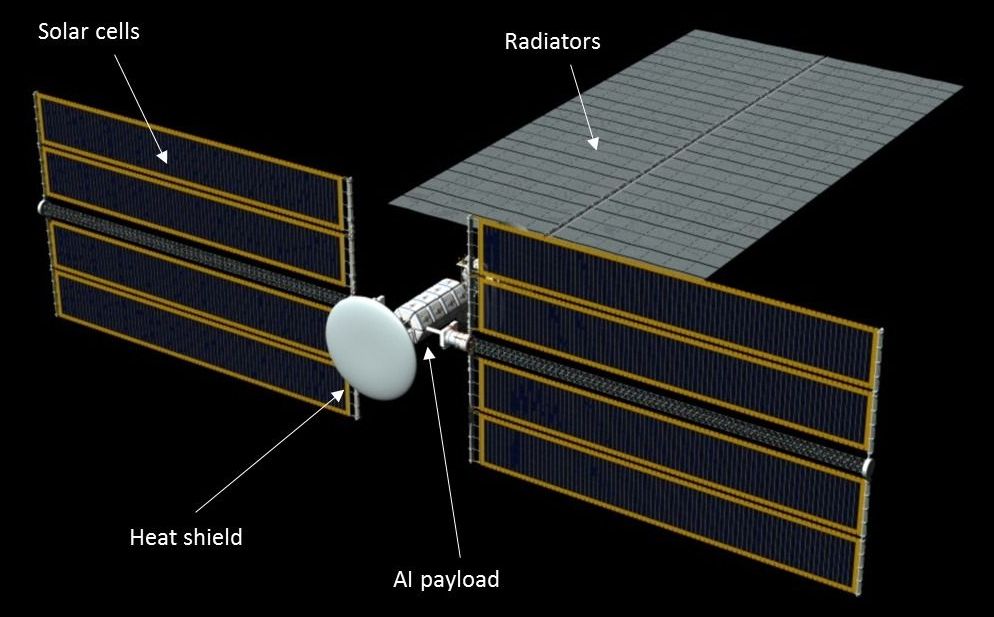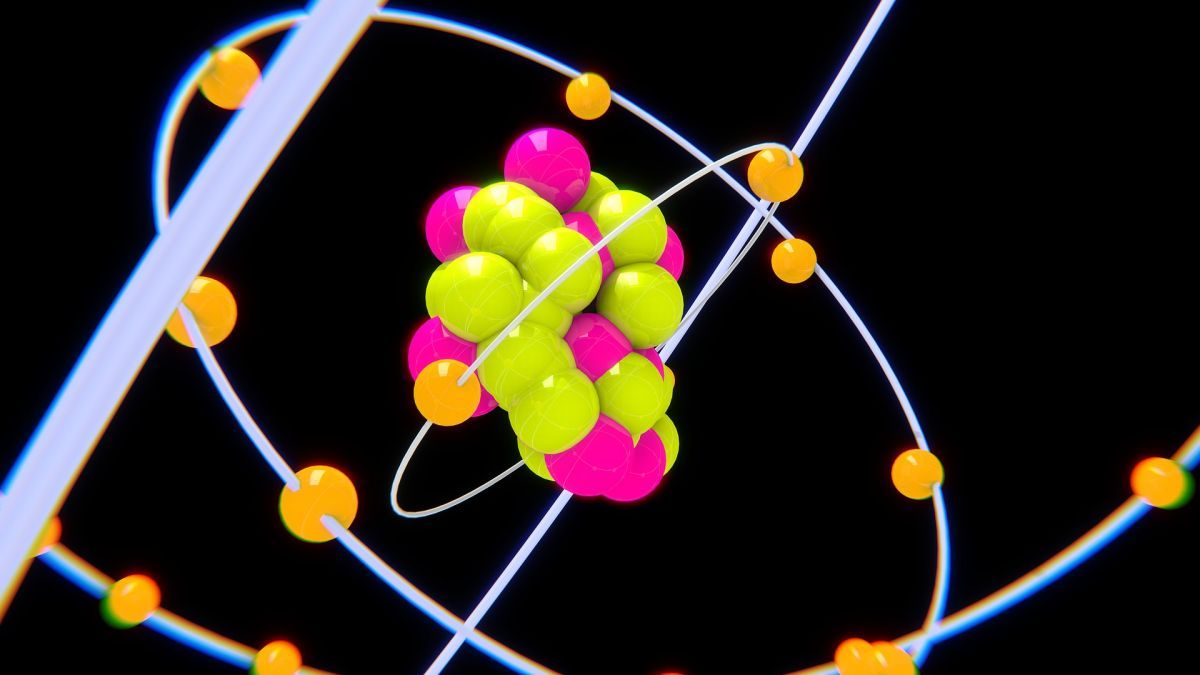According to a study recently published by researchers at the University of Colorado, empathy is rooted in cognitive processes rather than sensory ones, as reported by the Daily Camera. The study found that the act of understanding the pain of others does not involve the same neural pathways as experiencing pain in one’s own body, suggesting that the two are different interactions within the brain.
The study revealed that the brain patterns of volunteers when they experienced pain themselves did not overlap with their brain patterns when the volunteers were observing the pain of others. When observing pain, the volunteers showed brain patterns consistent with “mentalizing,” which involves imagining another’s thoughts and intentions.
“The research suggests that empathy is a deliberative process that requires taking another person’s perspective rather than being an instinctive, automatic process,” said Tor Wager, the Director of the University of Colorado’s Cognitive and Affective Neuroscience Laboratory and the senior author of the study, as reported by Daily Camera.



